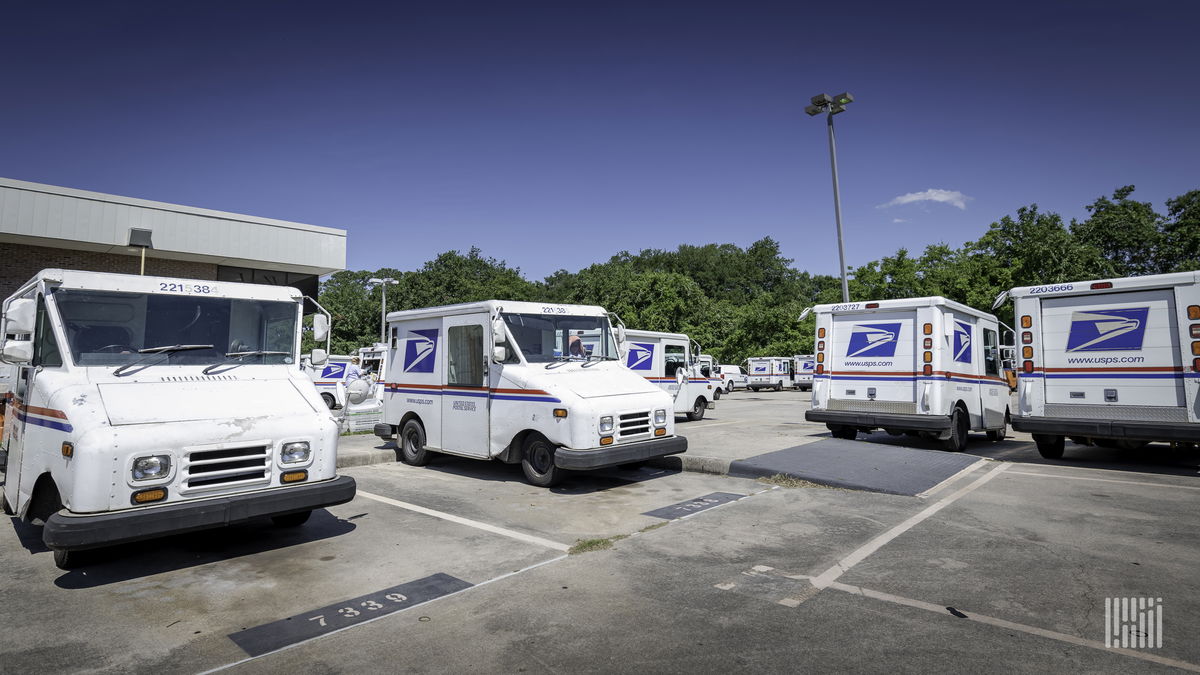David Steiner Appointed as New USPS Postmaster General: What It Means for the Postal Service
As change sweeps over the United States Postal Service (USPS), the appointment of David Steiner as the next postmaster general has sparked widespread discussion. Steiner's unique background and the circumstances surrounding his selection point to possible shifts in the USPS's future. But what does this mean for the American public, postal workers, and the mail system itself?

Who Is David Steiner?
David Steiner is a prominent business leader best known for his tenure as CEO of Waste Management and his more recent seat on the FedEx board. Both companies are major players in logistics and waste management, though FedEx is also a competitor to the USPS. Steiner's wide-ranging experience has prepared him to navigate the complex landscape of America’s mail system, particularly as the USPS faces rising financial and operational challenges (NPR – David Steiner is the next head of USPS).
Why Is David Steiner's Appointment Controversial?
The process of choosing David Steiner for this high-profile role has not been without criticism. President Trump reportedly endorsed Steiner, and this has led to suggestions that the selection was influenced by politics as well as business interests (FreightWaves – Trump supports FedEx official for Postal Service chief). Some critics point to Steiner’s deep connections with FedEx, raising concerns about a possible conflict of interest. Union leaders, in particular, have voiced worries that this change could prompt a shift toward privatizing more of the USPS’s operations and potentially reduce the influence of unions.
Brian Renfroe, president of the National Association of Letter Carriers, openly questioned the appointment, arguing that it could open the door for more package delivery outsourcing. Renfroe highlighted Steiner’s history of reducing unionized labor during his time at Waste Management. These critiques underscore the unease among postal workers and their representatives about possible job cuts and the future role of organized labor within USPS.
What Challenges Await David Steiner?
David Steiner assumes leadership at a crucial time. The USPS is at a crossroads, tasked with maintaining reliable mail delivery services while trying to reverse years of financial losses. The last fiscal year ended with the agency losing $9.5 billion. While the Postal Service saw some improvement with a surplus earlier this year, the situation remains highly volatile (NPR: USPS financial struggles and reforms).
Steiner possesses extensive experience from his executive roles, but translating private sector practices to a large public institution will be no easy feat. He inherits a 10-year reorganization plan started by his predecessor, Louis DeJoy, and faces pressure to make further reforms, possibly under the watchful eye of the Trump administration. Steiner has publicly stated his commitment to keeping the USPS as an independent establishment, balancing both public service goals and the need for modern business strategies.
What Does This Mean for Consumers and Postal Workers?
Millions of Americans rely on USPS for everything from mail-in ballots and medication to basic correspondence. Any major operational change or reduction in service could have widespread effects, especially in rural areas where private carriers are less likely to deliver. Union leaders argue that outsourcing package delivery could threaten jobs and diminish services in underserved communities.
Despite pushback, Steiner has acknowledged the crucial role of the USPS in American society and economy. His approach to balancing operational reforms with public responsibilities remains to be seen. By monitoring both his leadership and the evolving relationship between public and private sector logistics providers, U.S. consumers and postal workers can better prepare for potential changes (FreightWaves analysis on package delivery outsourcing).
Conclusion: The Road Ahead for USPS Under David Steiner
David Steiner’s selection as the new postmaster general marks a pivotal moment for the USPS. While his business credentials are impressive, the challenges he faces are immense and multifaceted. As the nation watches his next moves, only time will reveal the extent to which Steiner can steer this vital American institution toward long-term sustainability and public trust. For further reading, consult NPR's detailed overview of Steiner’s background and what’s at stake for USPS.